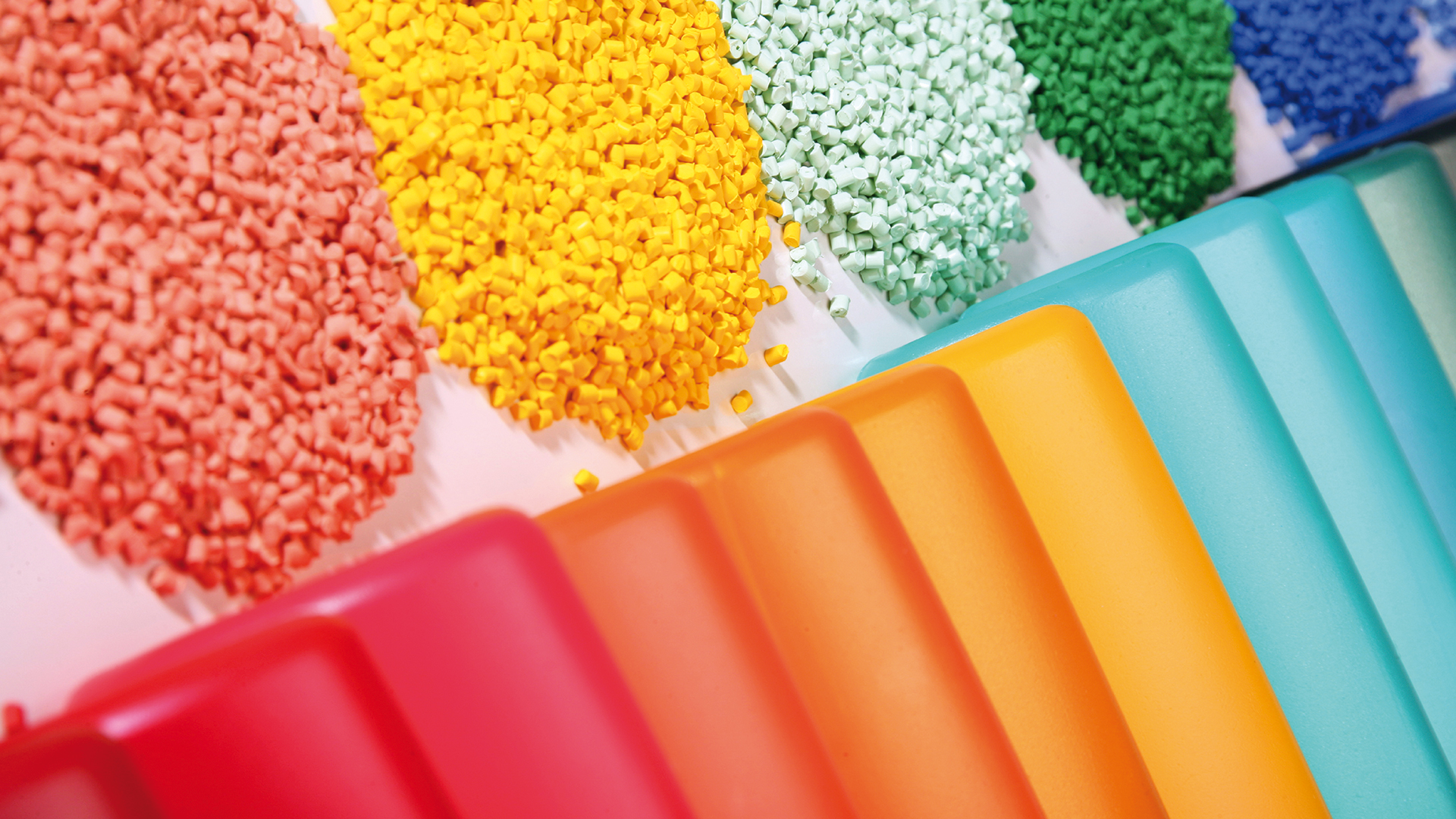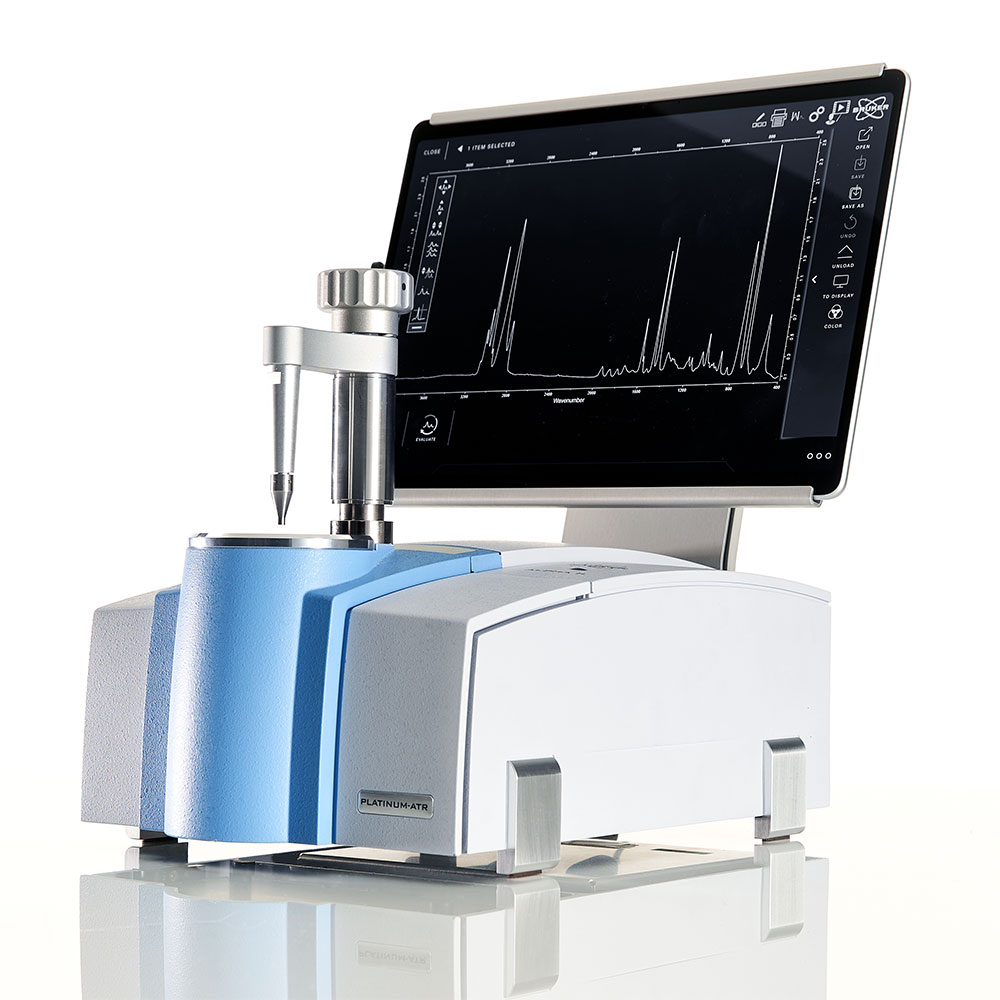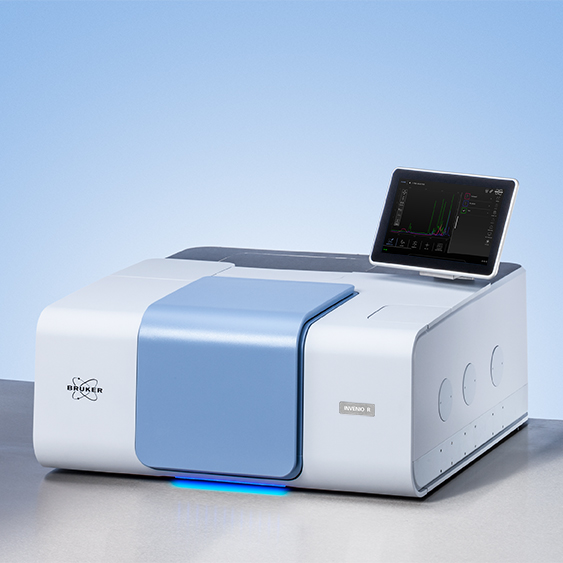

KIMW & Bruker: A Polymer and Plastics Partnership
Who is the KIMW?
The Kunststoff-Institut Lüdenscheid (KIMW) is a private-sector service company for the complete field of plastics technology. They focus on:
- Application technology/process integration
- Tooling/coating technology
- Testing/Analysis Technology
- Education and training
- Materials Technology/New Materials
- Surface Technology Molded Parts
Why FT-IR for plastics?
In polymer and plastics analysis, FT-IR is one of the most important techniques. Depending on the analytical goal, the analysis can be performend in bulk or microscopically.
Analysis is performed without any sample preparation and without the use of consumables. Identification of polymer types, additives, fillers and other related materials is performed with ease in both, raw materials and products. Even quantification of components is feasible.
Since a good spectral reference library is key to perform the above mentioned tasks, the KIMW decided to start their own, high-quality database, because none of the currently commercially available databases offered sufficient quality.
The same goes without say, for FT-IR's sister technique, Raman spectroscopy.
The customer benefit of KIMW and Bruker working together
The KIMW had a clear goal: creating the best polymer and plastics spectral reference library possible. However, the challenge to create a good spectral reference database comes with certain requirements:
- Comprehensive coverage of common materials
- Regular updates to keep up with industry standards
- Reliable reference information is key
- Data quality must be pristine
To reach all these goals, instruments of the highest quality must be used, which is why the KIMW decided for Bruker to make their polymer and plastics library commercially available. Together we created the most powerful FT-IR and Raman library in the industry.
Combining IR, TGA, and KIMW databases
Bruker and Netzsch have a long standing partnership in offering TG-IR. The KIMW typically offers both methods to its customers, namely FT-IR and DSC analysis. This combination offers many advantages, such as:
- IR and DSC provide complementary information on the chemical composition
- Easier characterization of impurities and complex plastics like blends
- KIMW databases for both methods enhances the confidence in results
- Prior IR analysis allows better tuning of selected DSC parameters
In general, this process significantly enhances the reliability and accuracy of the analysis results. Combining the two databases can also aid in more precise material identification, especially with completely unknown materials, blends, or overlapping effects.


